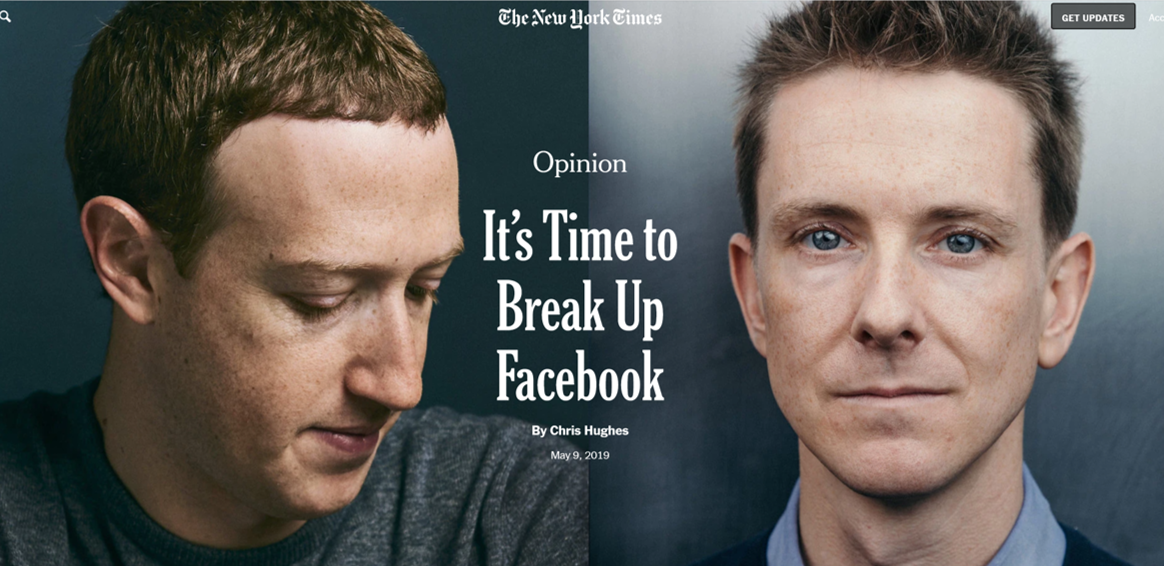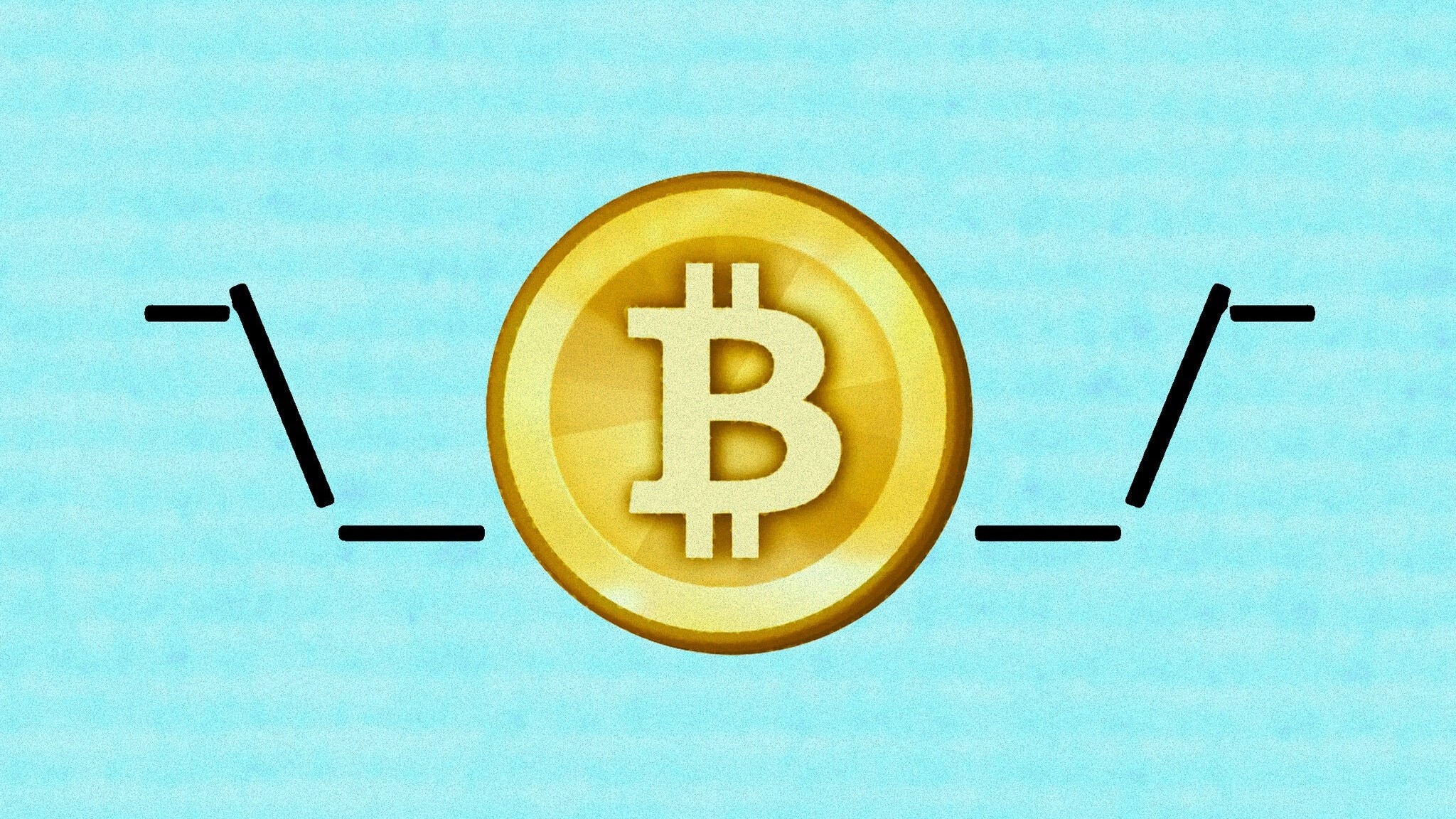Every morning, we run The Narrative Machine on the past 24 hours worth of financial media to find the most on-narrative (i.e. interconnected and central) stories in financial media. It’s not a list of best articles or articles we think are most interesting … often far from it.
But for whatever reason these are articles that are representative of some sort of chord that has been struck in Narrative-world.
May 13, 2019 Narrative Map – US Equities

Farmer financial pain continues from trade fallout [Farm Futures]
A record crop of both corn and soybeans in 2018 has Bible left holding 20-25% of his 2018 corn crop, and 5% of soybeans. Yet going into 2019, he’s forward priced only about 20% of his soybeans and roughly the same amount for his corn.
Hindsight is always easier, as Bible said he should have mitigated risk a little bit better. However, based on the information he was getting from the administration he felt fairly confident that a deal was going to be reached with China by now. With reports that China would buy “tremendous” amounts of corn and soybeans being leveraged to help bring some equilibrium to the trade imbalance, he was hopeful. “When you’re getting that kind of information, you have confidence, whether right or wrong, that things are soon to be better. We’re not seeing that come to fruition unfortunately,” Bible said.

Cheer up, Farmer Bible! I’m sure that the crack team at USDA has a great plan in the works to buy up all your soybeans and corn and give it away to the poors.
Flounder: Will that work?
Otter: Hey, it’s gotta work better than the truth.
Goldman Sachs’ glitzy new trading floor; Billionaire real-estate investor Sam Zell says now is ‘the time to accumulate capital’ [Business Insider]
Goldman Sachs’ glitzy new London trading floor is the size of a soccer field — but traders worry they’ll be ‘caged in like battery hens’
Sounds fair.
Private equity’s allure poses big risks for the stock market and its investors in the next recession [CNBC]
The transition is already underway and according to asset manager AllianceBernstein, won’t be ending soon. In a note to clients this week, the firm outlined an upcoming decade in which the “main expression of active investing” is in private markets.
I think the A/B note is absolutely right, and it’s part and parcel of a core change in the investment Zeitgeist, as capital markets are transformed into political utilities.
But this isn’t a “risk” for the stock market, and the rationales trotted out in this CNBC article (vanishing liquidity! more volatility!) make zero sense and have even less connection to the point of the original A/B note.
Can the Racial Wealth Gap Be Closed Without Speaking of Race? [NY Times]
Elizabeth Warren wants to offer down-payment assistance to home buyers in formerly “redlined” neighborhoods where the federal government once denied access to mortgages. Cory Booker would like to create “baby bonds” that would be worth more to children in poorer families, helping them one day to buy houses or other assets.
Both presidential candidates say their proposals would aid in narrowing the enduring black-white wealth gap in America. But neither policy attempts to do that in the most direct way possible — by steering benefits to African-Americans.
Their ideas, along with several others that scholars advocate, are facing a tricky problem today. There’s growing momentum on the left to address the racial wealth gap. But the prospects for race-based policies before the Supreme Court are unpromising, and that’s unlikely to change with five conservative justices.
If there is a more Fiat News-loaded term than “scholars”, I am unaware what it might be.
Uber falls more than 7% in disappointing Wall Street debut [CNN]
After that mad dash to overhaul its business and go public, Uber ran into a different problem: the Week from Hell.
On Sunday, President Trump surprised investors by threatening to impose higher tariffs on China in a tweet. The market swung wildly amid concerns of an escalating trade war between the United States and China.
Then on Tuesday, Lyft reported its first earnings report since going public, which revealed more than $1 billion in losses during the first three months of this year. Lyft stock continued its decline the day after.

Uber picked a bad week to stop being private.
It’s Time to Break Up Facebook [NY Times]

Mark is a good, kind person. But I’m angry that his focus on growth led him to sacrifice security and civility for clicks. I’m disappointed in myself and the early Facebook team for not thinking more about how the News Feed algorithm could change our culture, influence elections and empower nationalist leaders. And I’m worried that Mark has surrounded himself with a team that reinforces his beliefs instead of challenging them.
The government must hold Mark accountable.
Like every other oh-so-earnest opinion piece you see in the NYT, the author and the editor and the publisher think they’re being effective advocates for their preferred policy outcomes.
They’re not.
I’m VERY sympathetic to the idea that antitrust law should be used like a flamethrower against Big Tech and Big Banking, but this article made me throw up in my mouth a little bit.
There are good reasons to apply antitrust law to Facebook. None of them have anything to do with Mark Zuckerberg.


I just do not have sympathy for the farmers! we’re meeting in the fiat news articles. The .5% margin operators who lease land, yes they’re in trouble and I feel bad for them in the way I felt bad for the low level people who carried their stuff out of Lehman Bros in a box. But the guys who Own Land (in the midwest sense) and big ag companies need a shot of that flamethrower you’re talking about. I have zero doubt that, yes, the USDA will have a plan for those guys.
I can see the forced break up of Facebook and Instagram… possibly Whats App, but from a user standpoint looking to market their business, the integration of all the social platforms has created an incredible opportunity to connect at scale to customers. I can pay $10 to reach 1500 people that would have cost easily $500+ through traditional mediums 30 years ago.
Seems like the “data privacy” and “consumer data” story line has taken a life of its own when 15 years ago it was a selling point for companies like American Express